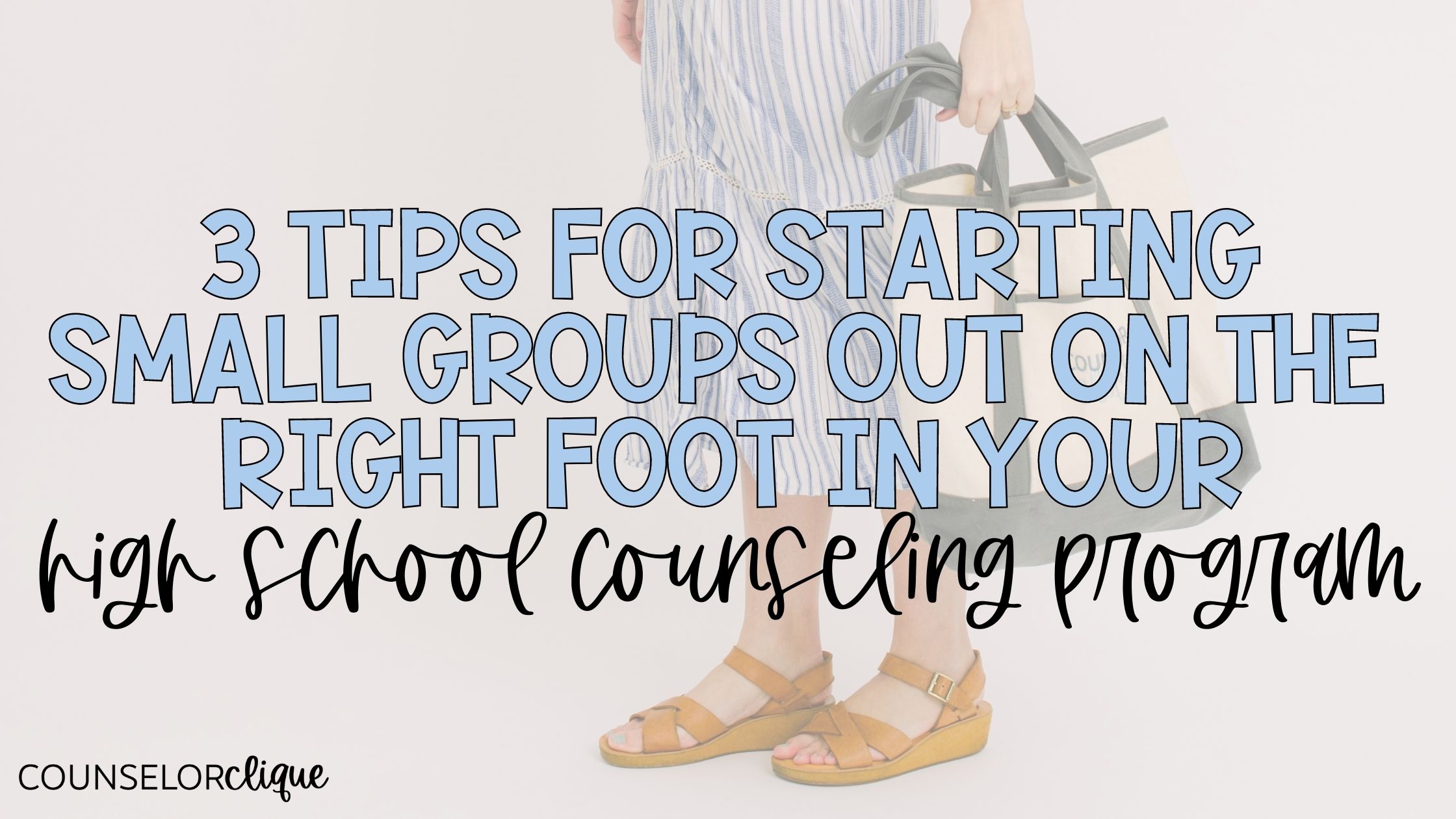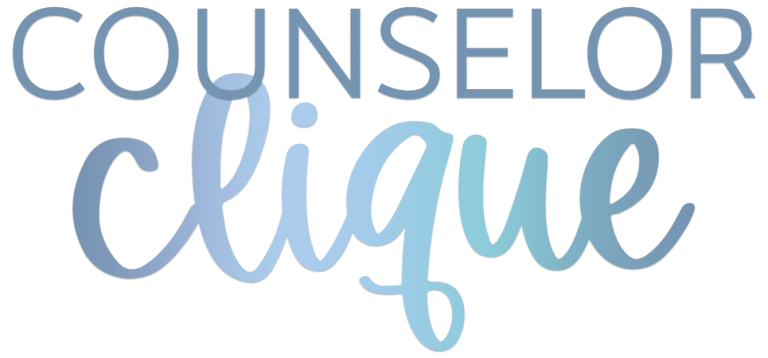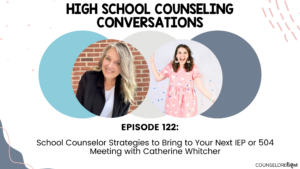Do you ever dream of starting small groups but then get halted in your tracks? You want to make sure you move in the right direction AND be sure you’re running something that’s worth EVERYONE’S time. Starting small groups is often the hardest part (more than running, maintaining, or closing them). Get all of your ducks in a row for starting your small groups with confidence!
Are you looking to put a plan into action to get your small groups running successfully? Here are 3 tips for starting your high school counseling small groups out on the right foot.

1- Starting small groups right means finding the right students to participate.
Start with a needs assessment. Figure out what your students need help with and go from there. People always ask for “sample” needs assessments, but they are SO different for every school, school counseling program, or school counselor.
Start with a Google Form, and decide what questions you want to know the answers to! Send it out via email to students, and then blast it through every other way they get information from your school (phone messenger system, intercom announcements, teachers, Google Classrooms, website, social media, etc.). I have found that offering a small giftcard incentive to someone who completes it drives a lot of students to complete it, too! Don’t make the needs assessment long. Only offer solutions that you can actually provide to students. For example, don’t ask “which small group would you be interested in participating in?” and give answers for things you can’t or don’t plan to provide.
2- Starting small groups right means communicating with your stakeholders.
I’d always rather be overcommunicated with than undercommunicated with. I keep this in mind when I am the one doing the communicating as the leader. Reach out to parents and let them know that their student was invited to the small group or showed interest in it. Let teachers (who are directly affected) know their student who will be participating, when/where the groups are being held, and what benefits their students will take back into the classroom by participating in the group. Use your pre and post data to share numbers and stories with administrators about student growth.
3- Starting small groups right means having fun!
Sell this opportunity to your students! If you are not excited about running this small group, your students mirror your disinterest in participating. If you do not share “what’s in it for them,” they will not be on board. I can’t tell you how many times my excitement over a group has been the tipping point for getting a student to participate.
As the counselor and leader, you must be on board with the activities you’ll be leading, and you must sell it to a student as to why they’d even want to participate. At the high school level, your students may not be used to participating in groups like this.
Who knows… you may even find some new inspiration and new energy to start loving your job (as much as you did when you started) just by having fun with something new(ish) like small groups!
Here’s a free resource to give you a taste of an activity I use in my Stress Management Small Group! This is the Stress Management Coping Spinner Freebie. It’s a hands-on activity that students can put together and take away from an individual or group counseling session and practice some coping skills.






